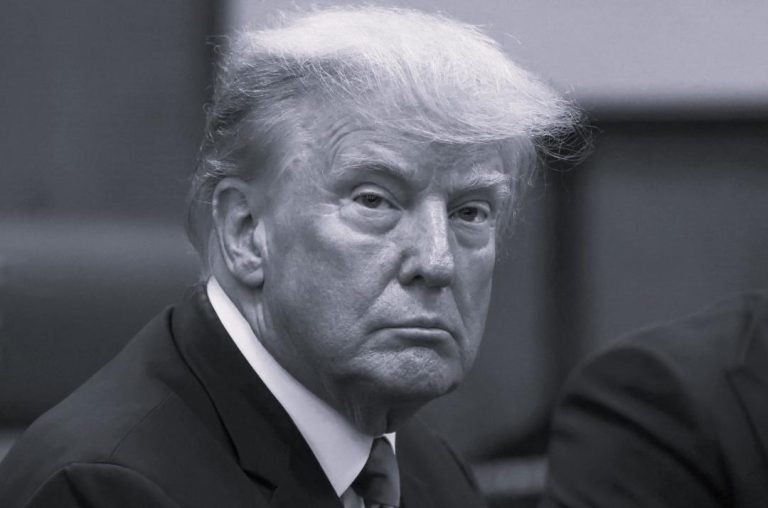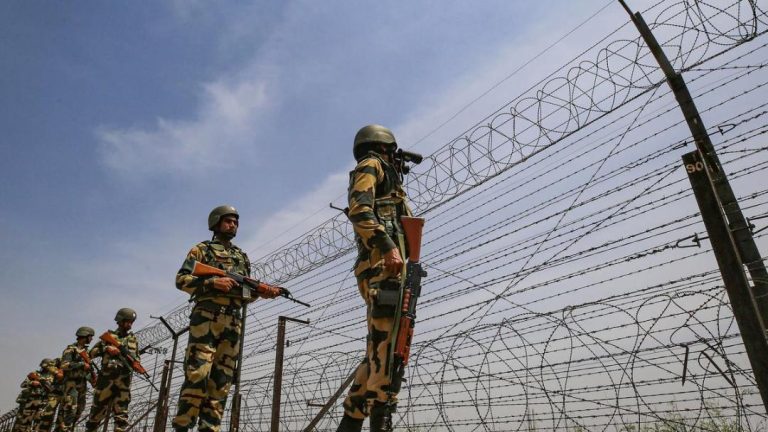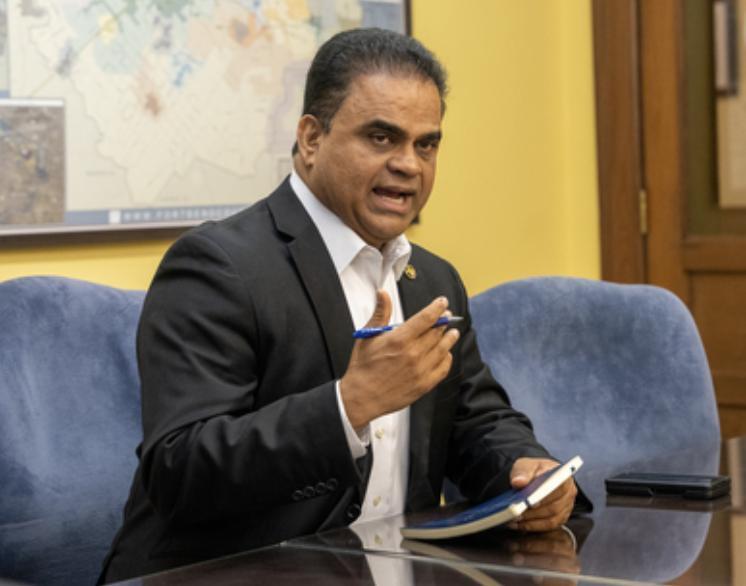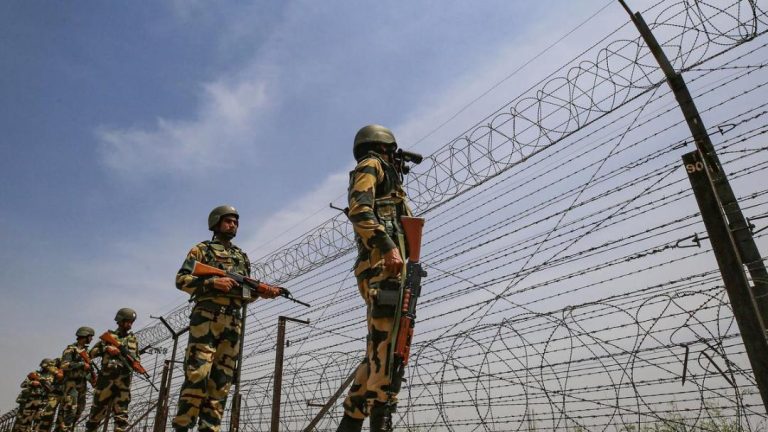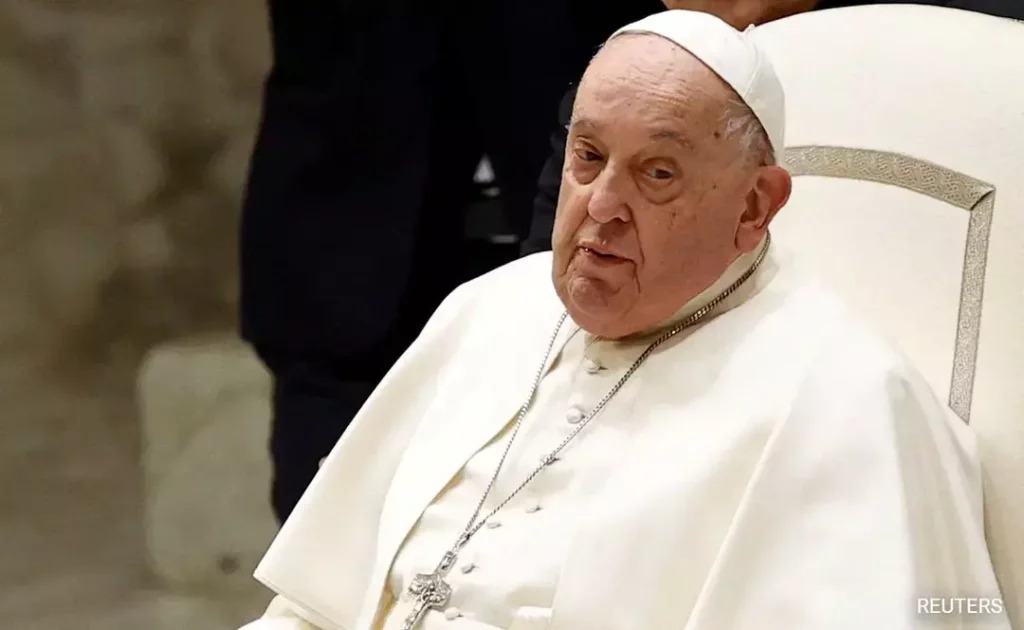
What is Polymicrobial Lung Infection Affecting Pope Francis?
In recent news, the world has been keeping a close eye on the health of Pope Francis, who has been diagnosed with a polymicrobial respiratory infection. As the 88-year-old Pontiff battles this serious condition, experts are warning that his age and history of lung issues put him at higher risk for complications.
So, what exactly is a polymicrobial respiratory infection, and why is it a cause for concern in Pope Francis’ case?
What is Polymicrobial Lung Infection?
A polymicrobial respiratory infection, also known as a polymicrobial lung infection, occurs when multiple pathogens – bacteria, viruses, or fungi – infect the lungs simultaneously. This can happen when a person is exposed to multiple pathogens, such as during a viral outbreak or in a hospital setting where antibiotic-resistant bacteria are present.
In the case of Pope Francis, his infection is believed to have started as bronchitis, a common condition characterized by inflammation and congestion in the airways. However, as the infection progresses, it can escalate and spread to other parts of the lungs, making treatment more challenging.
Risk Factors and Complications
As Pope Francis is an 88-year-old man with a history of lung issues, he faces several risk factors that increase his chances of developing complications from the infection. These risk factors include:
- Age: As people age, their immune systems weaken, making them more susceptible to infections.
- Lung function: Pope Francis has a history of lung issues, which can make it more difficult for his lungs to clear out the infection and recover.
- Underlying conditions: The Pope’s age and lung health issues may have predisposed him to other underlying conditions that increase his risk of developing complications from the infection.
- Weakened immune system: The Pope’s age and any underlying conditions may have weakened his immune system, making him more susceptible to infections and less able to fight off the infection.
If left untreated or improperly treated, polymicrobial respiratory infections can lead to a range of complications, including:
- Pneumonia: Bacteria can spread from the bronchial tubes to the lungs, causing pneumonia.
- Abscesses: The infection can create abscesses in the lungs, which can be life-threatening if left untreated.
- Respiratory failure: The infection can lead to respiratory failure, which can require mechanical ventilation to assist breathing.
- Sepsis: The infection can spread to other parts of the body, leading to sepsis, a life-threatening condition that requires immediate medical attention.
Treatment and Monitoring
In Pope Francis’ case, his treatment and monitoring are crucial to prevent complications and ensure a full recovery. His medical team is likely working closely together to develop a treatment plan that takes into account his age, lung health, and underlying conditions.
The treatment for polymicrobial respiratory infections typically involves a combination of antibiotics, antiviral medications, and supportive care. This may include:
- Antibiotics: To combat bacterial infections, such as pneumonia.
- Antiviral medications: To combat viral infections.
- Bronchodilators: To help open up airways and improve breathing.
- Oxygen therapy: To provide supplemental oxygen to help the lungs function properly.
- Mechanical ventilation: In severe cases, mechanical ventilation may be necessary to assist breathing.
In addition to medical treatment, Pope Francis will also require close monitoring to track the progression of the infection and detect any signs of complications. This may involve frequent testing, such as chest X-rays or blood tests, to monitor lung function and detect any changes in his condition.
Conclusion
Pope Francis’ battle with polymicrobial respiratory infection serves as a reminder of the importance of proper treatment and monitoring for serious infections. As the Pontiff continues to receive medical care, it is crucial that his medical team work closely together to develop a treatment plan that takes into account his age, lung health, and underlying conditions.
In the meantime, the world can only wish the Pope a speedy and successful recovery. As experts continue to monitor his condition, we can only hope that he will make a full recovery and continue to serve as a symbol of hope and inspiration to millions around the world.
Source:


